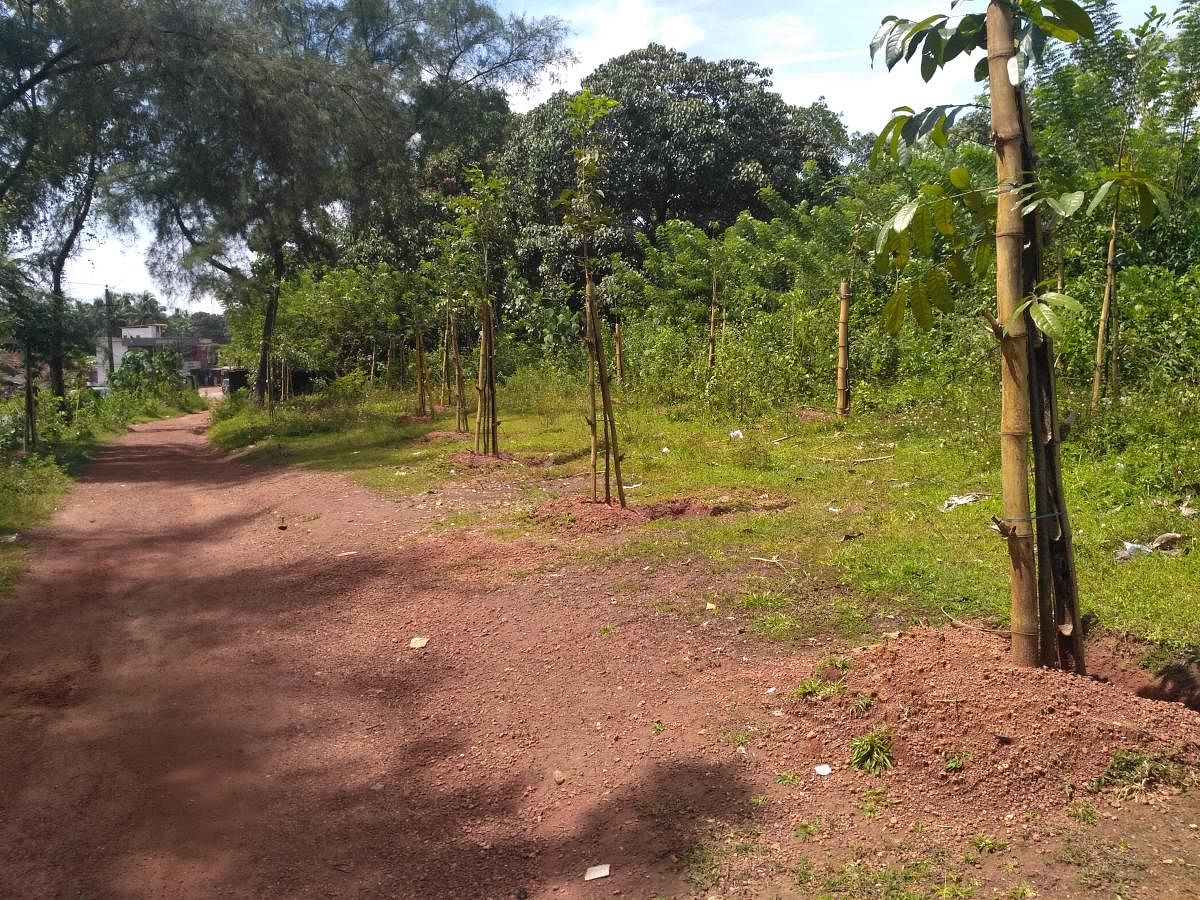
The Social Forestry Department of Dakshina Kannada district has planted endemic species of Punarpuli on 87 hectares of land.
The move to grow the fruit – also called Kokum and botanically called Garcinia Indica – is taken as a part of the Department’s drive to increase the green cover and give thrust to growing native saplings.
The fruit saplings have been planted along the 26-km stretch from Guruvayanakere to Naravi and till Moodbidri.
J Srinivasmurthy, Social Forestry Department deputy conservator of forest (DCF), said that the Department had not taken the planting of acacia saplings during the year. “Instead, it had given thrust to punarpuli, jackfruit, wild jack (hebbalasu), and mahogany. On a whole, punarpuli saplings have been planted on 150.5 km in the district,” he added.
“The Department will shift its focus on promoting agro forestry, which will help regenerate forests and also help farmers to increase their income. Agro forestry is promoted in many states. Fruit-bearing trees would start giving high yield within a few years of planting. The trees could be utilised for timber as well,” Srinivasmurthy explained.
Stating that Dakshina Kannada has 1,200 hectares under social forestry, the DCF said the saplings are being planted on gomala, paramboku and C and D and land.
To attract people to agro forestry, the Department will distribute at least 25,000 cashew saplings in the next monsoon in Dakshina Kannada. At least 5,000 saplings will be distributed in each taluk.
“I have already approached the Karnataka Cashew Development Corporation and received a few sapling species for finalisation. This year, we had developed around 40,000 teak saplings, but the farmers did not show much interest in growing them,” said Srinivasmurthy.
Even under the Krishi Aranya Protsaha Yojane (KAPY), the Department will rope in farmers to help expand the green cover.
Explaining, the DCF said, “Under the scheme, incentive is given to BPL farmers to encourage them to grow native species on their land. The Department will provide incentive of Rs 40 saplings each that survived in the first and second years, while it is Rs 20 for each survived sapling in the third year.”
He added that the seedlings are given free of cost for BPL farmers. For the general category, it is sold in the range of Re 1 to Rs 3.